Your cart is currently empty!
Tag: OrganicGrowing
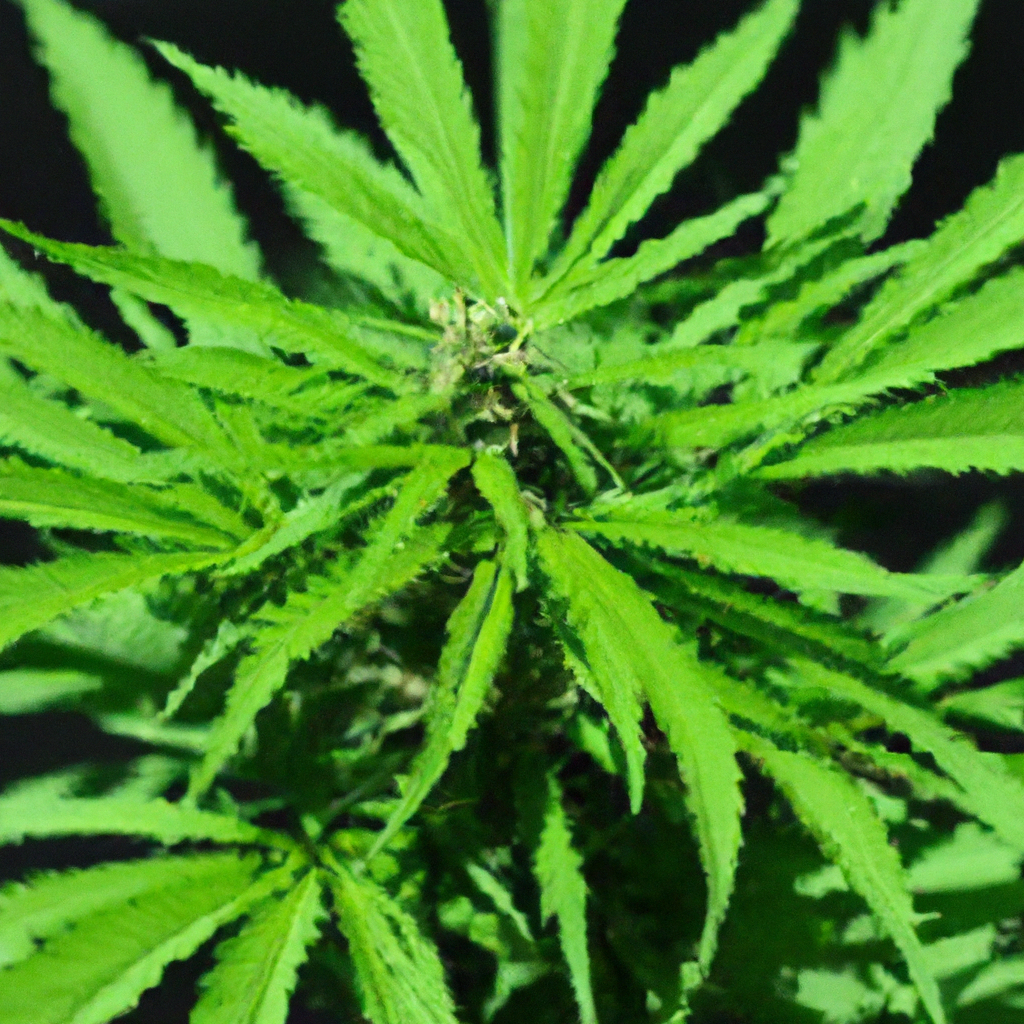
The cannabis cultivation industry is embracing a green revolution as growers increasingly adopt organic practices. This shift benefits the environment and leads to high-quality, safer harvests. Key practices include using natural fertilizers like compost, bat guano, worm castings, and fish emulsion, which enrich the soil without harming the environment. Building healthy soil ecosystems is crucial,…
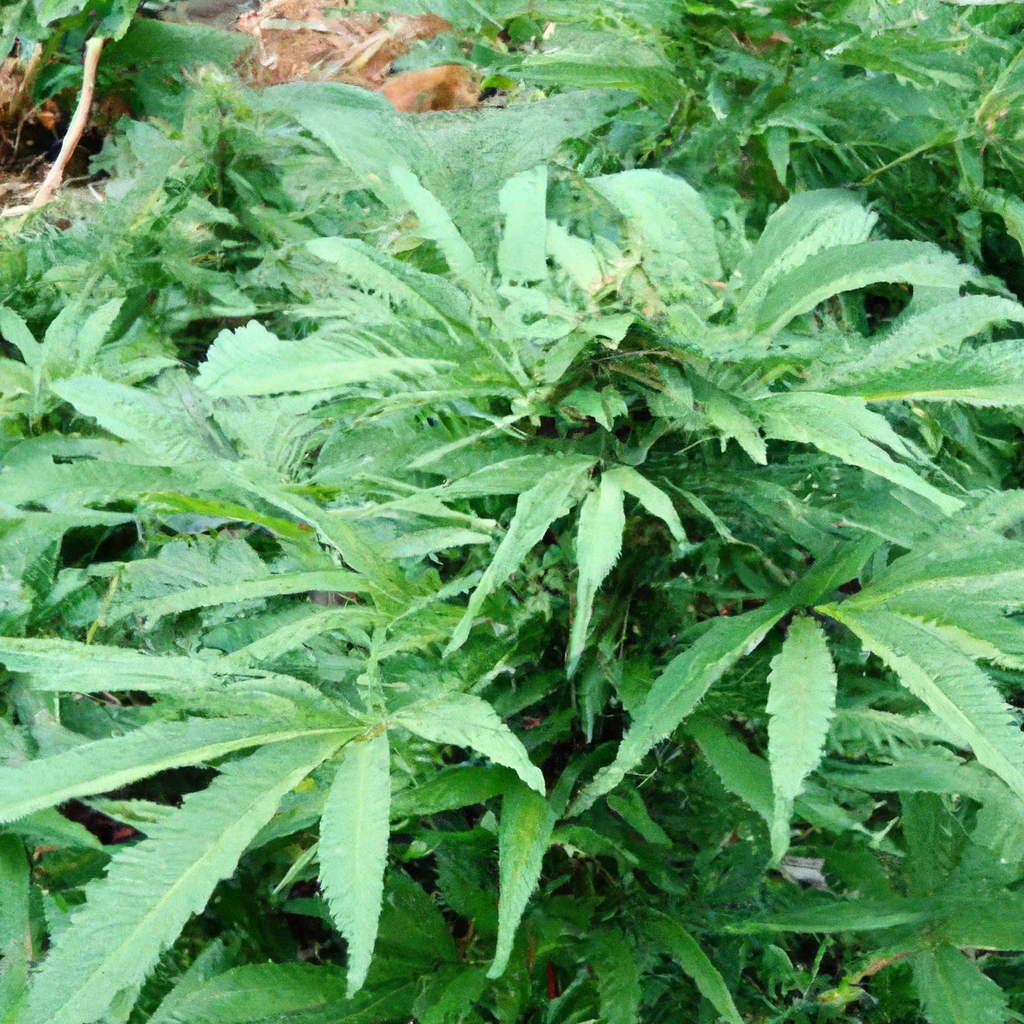
As the demand for chemical-free cannabis grows, organic cultivation offers a sustainable approach that benefits both the environment and consumers. Essential practices include using natural fertilizers like compost and worm castings to enrich soil health, employing compost for nutrient recycling, and adopting natural pest control methods using beneficial insects and sprays. Maintaining a healthy soil…
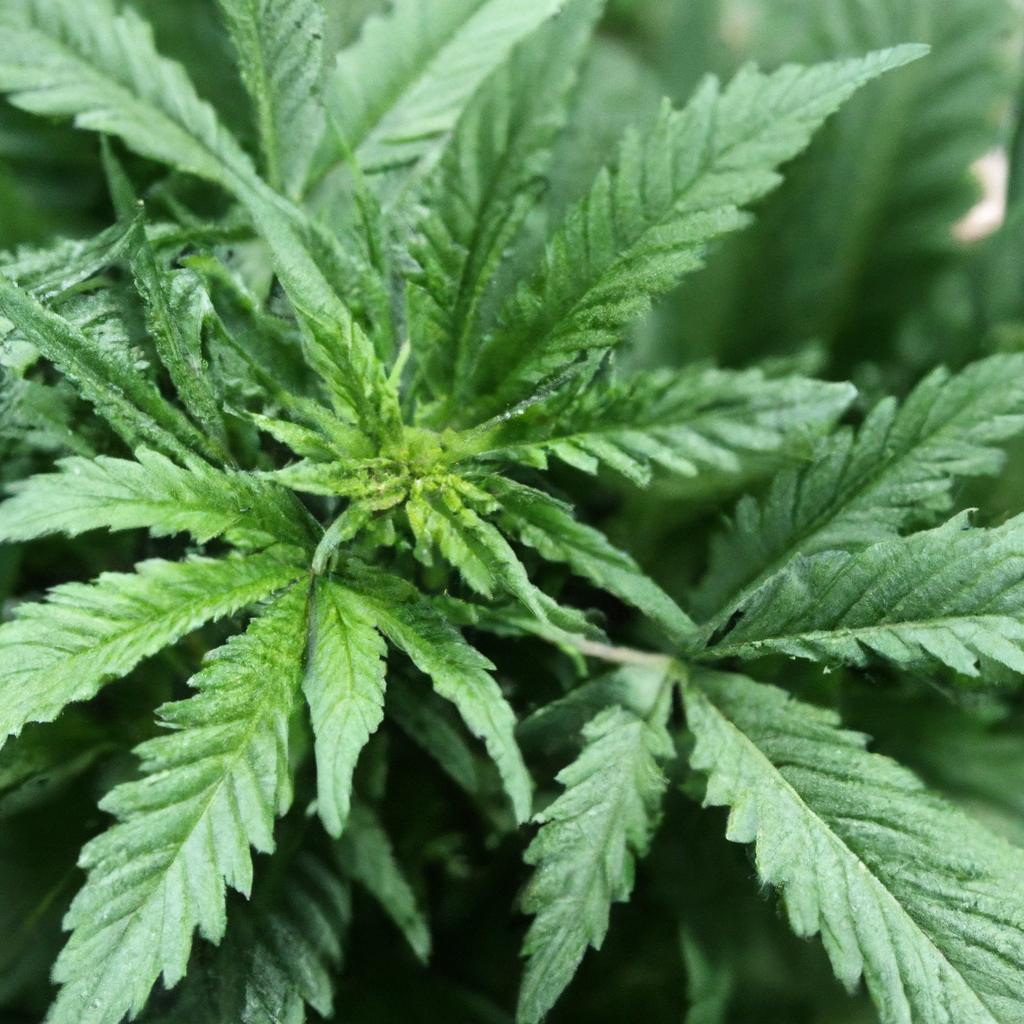
Organic cannabis cultivation is emerging as a sustainable and health-conscious choice by leveraging natural fertilizers, compost, and eco-friendly pest control methods. This approach creates a balanced ecosystem conducive to producing high-quality, chemical-free cannabis. Key practices include using nutrient-rich natural fertilizers like compost and fish emulsions, building healthy soil ecosystems with techniques such as composting and…
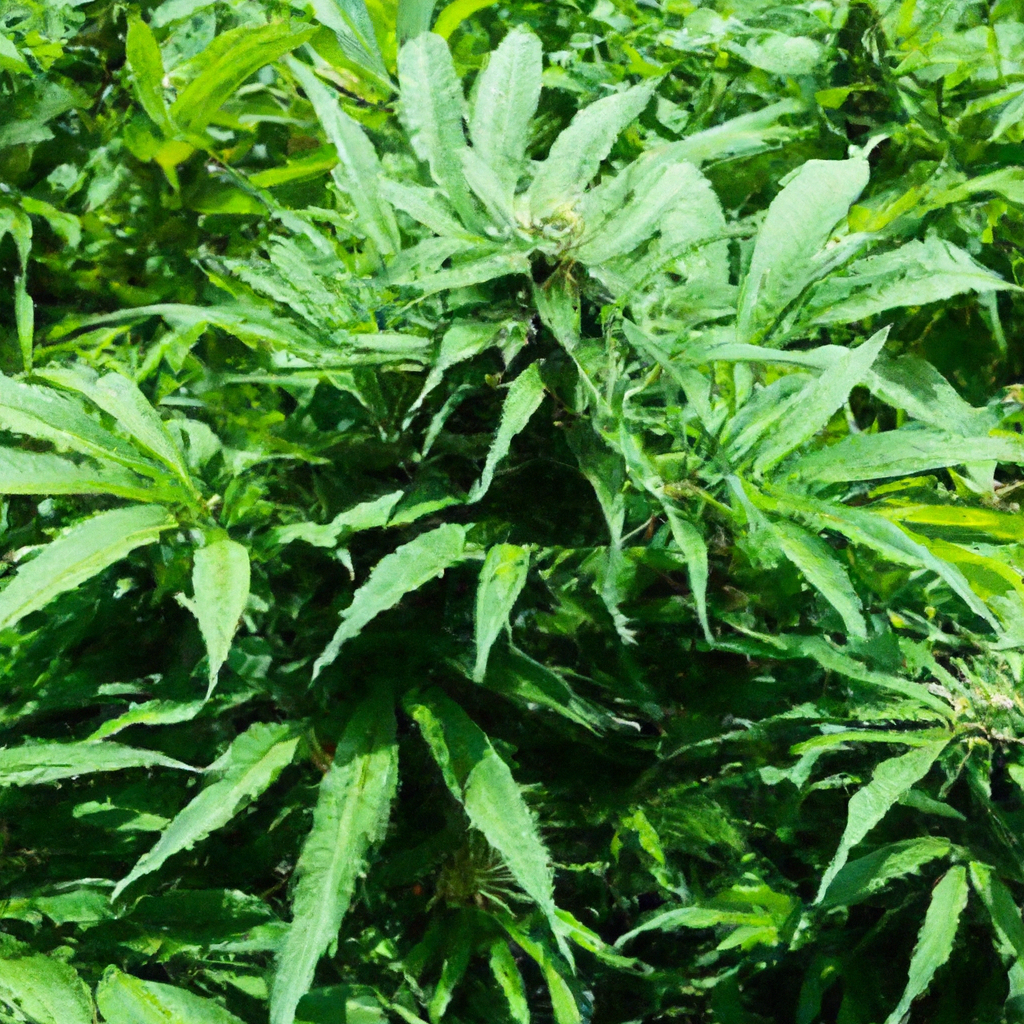
Discover the sustainable and high-quality benefits of organic cannabis cultivation. By leveraging natural processes, growers produce healthier cannabis while helping the environment. This article delves into best practices such as building a vibrant soil ecosystem with compost, cover crops, and crop rotation; using natural fertilizers like bone meal and fish emulsion; and implementing natural pest…
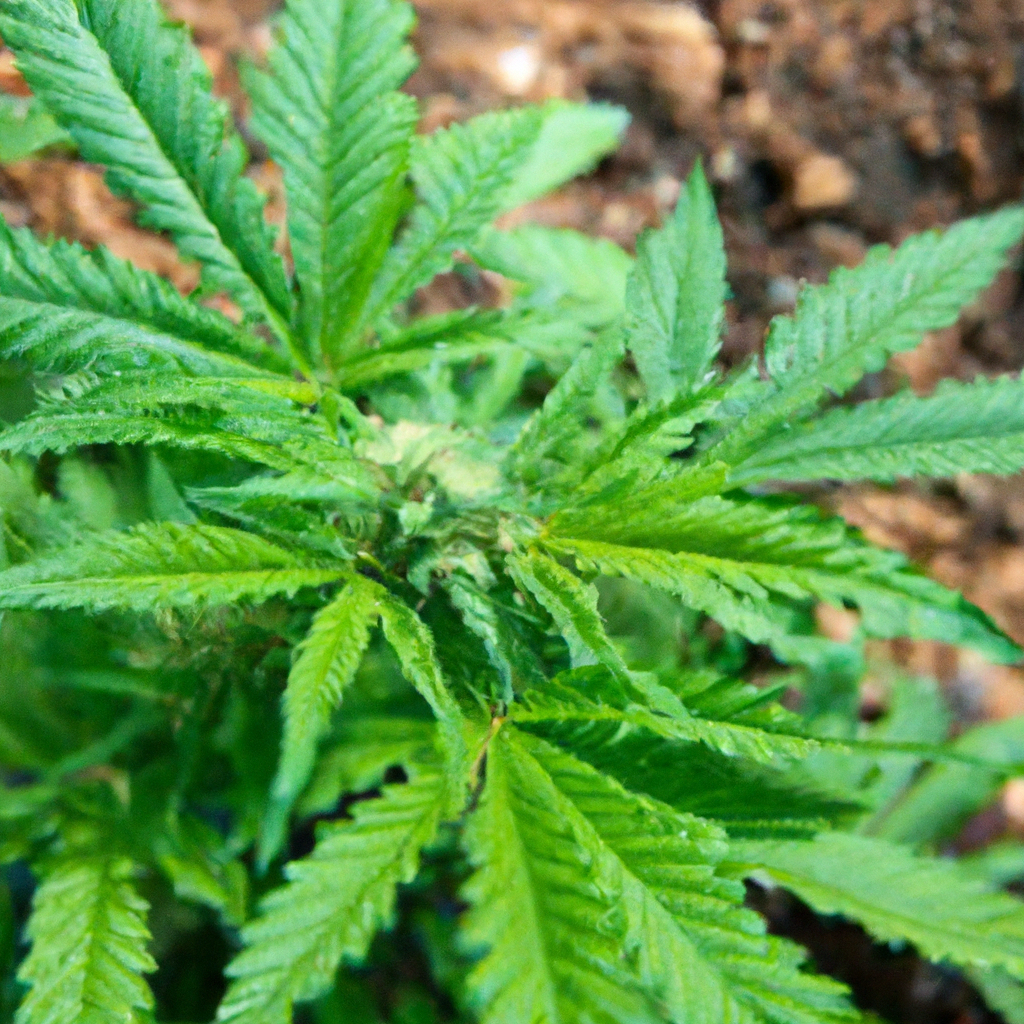
Embracing organic practices in cannabis cultivation supports environmental sustainability and enhances product quality and safety. As demand for naturally grown cannabis increases, understanding organic methods is crucial for growers aiming to stand out. Key elements include building a thriving soil ecosystem with compost, using natural fertilizers like bone meal and fish emulsion, and implementing eco-friendly…
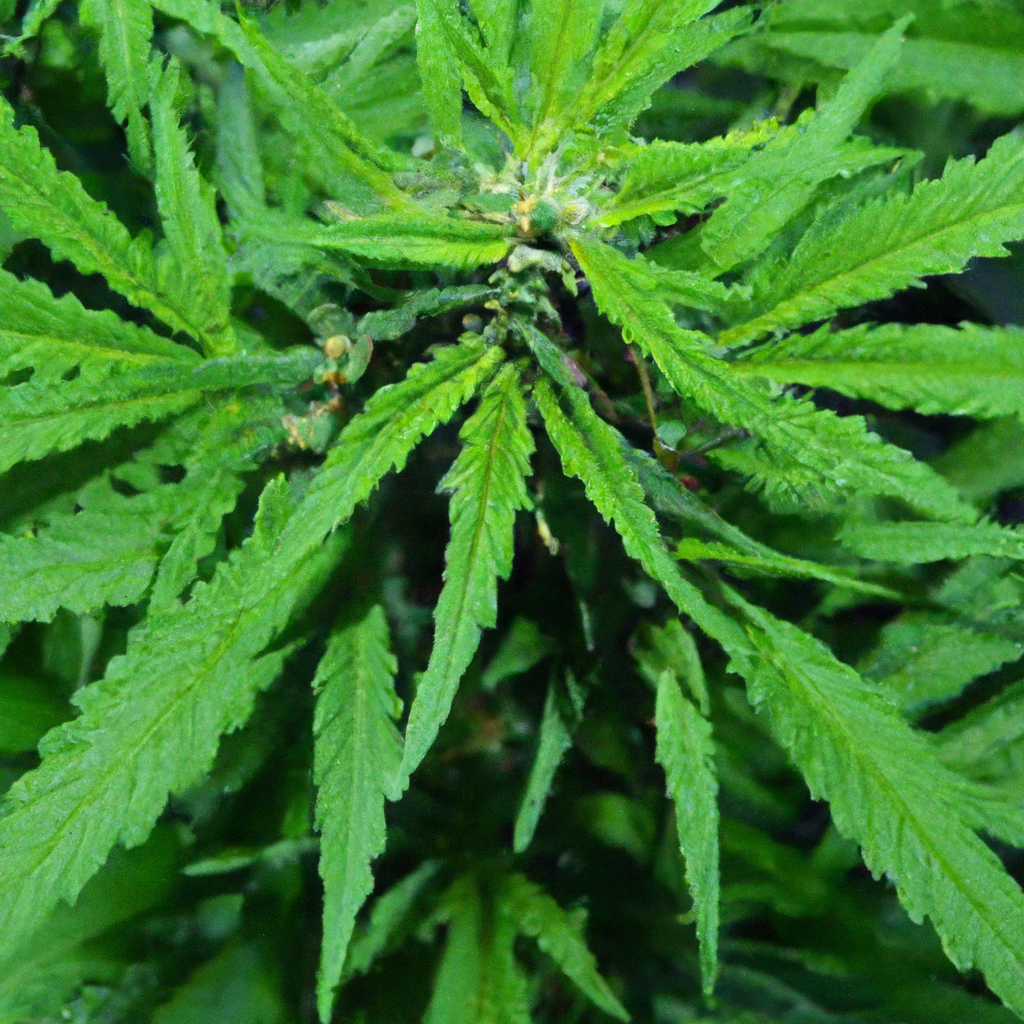
Welcome to a world of verdant possibilities where cannabis grows not just from soil, but from a philosophy of sustainability and health. This guide embodies best practices for organic cannabis cultivation, offering insights into building robust natural ecosystems, using eco-friendly fertilizers, and maintaining pest equilibrium without synthetic chemicals. Creating a rich soil ecosystem with compost…
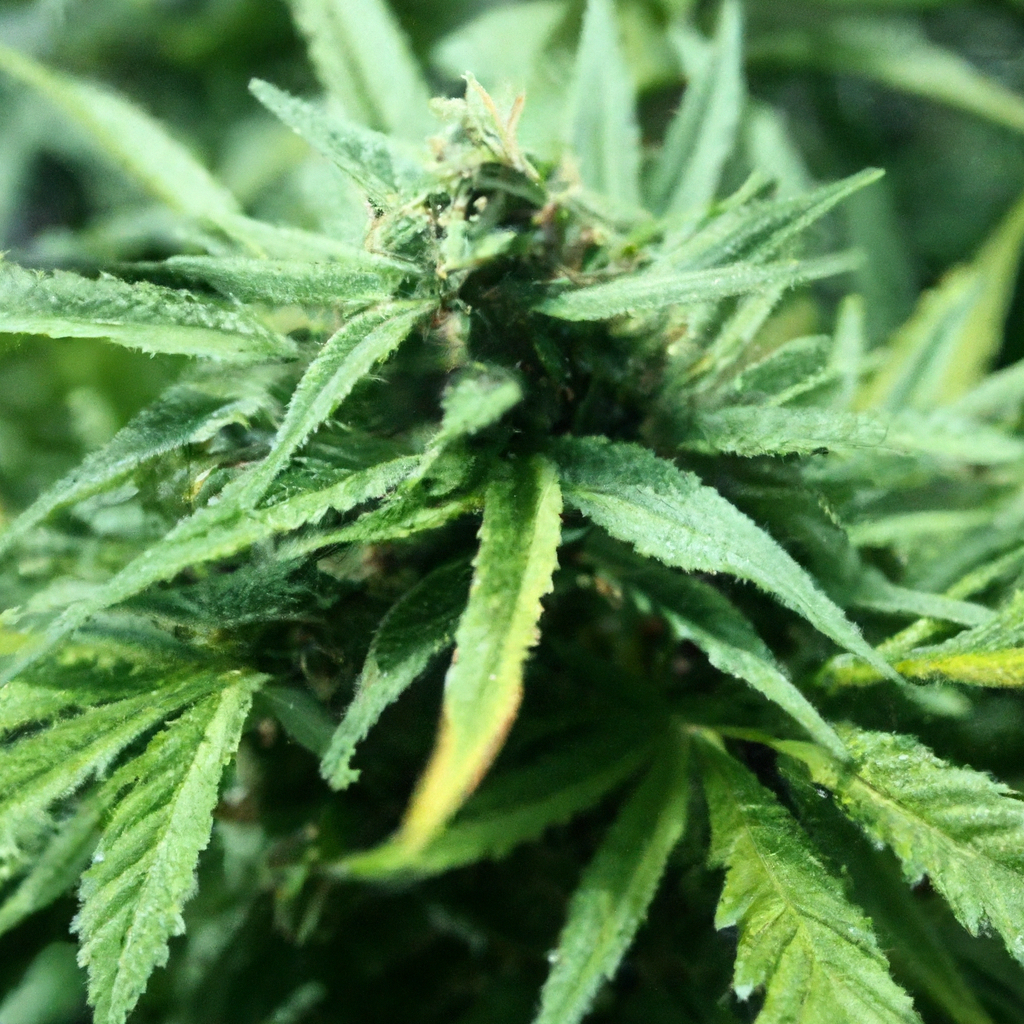
With the rising focus on sustainability and health, organic cannabis cultivation is becoming increasingly popular. This article outlines best practices for cultivating cannabis organically, emphasizing the use of natural fertilizers like compost and fish emulsion, sustainable pest control methods such as companion planting and neem oil, and techniques for building healthy soil ecosystems through microorganisms…
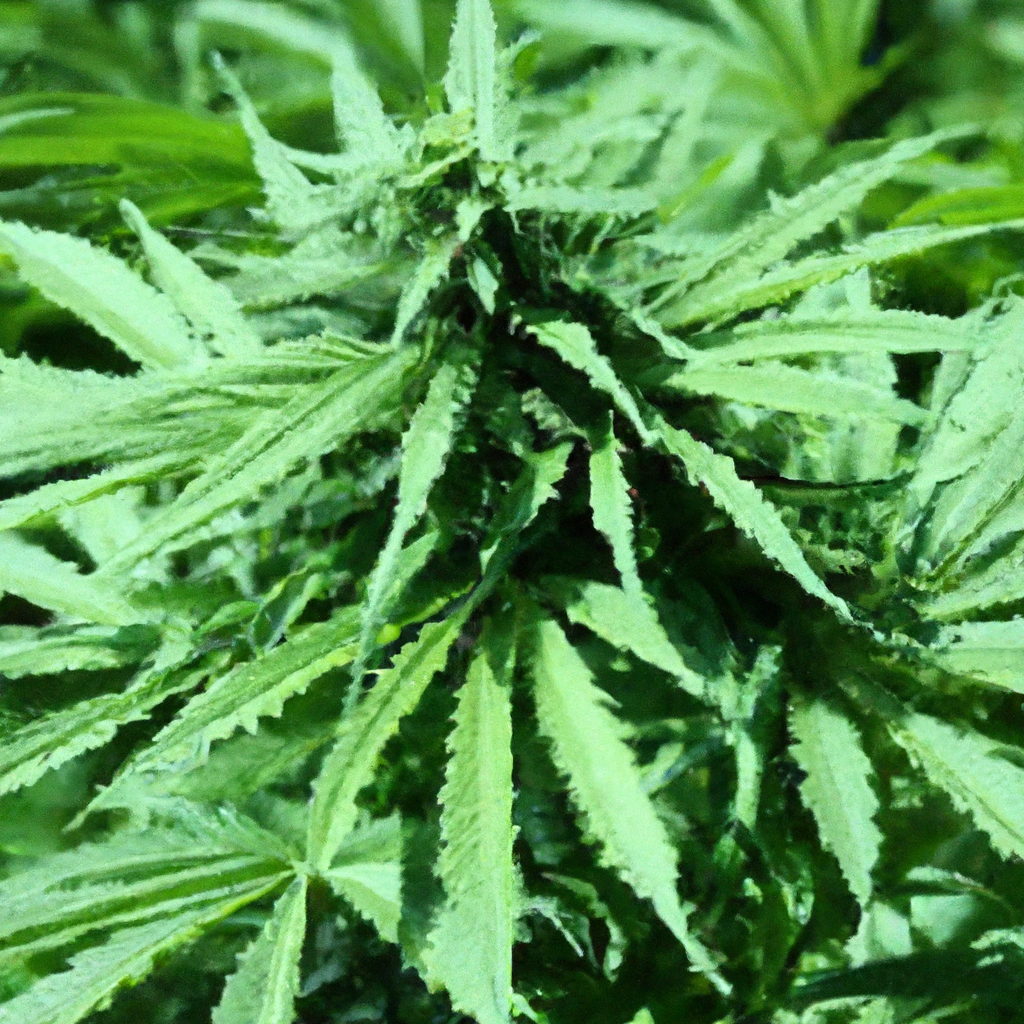
As the popularity of organic products grows, cannabis cultivators are increasingly adopting sustainable practices that enhance product quality and support environmental health. This guide outlines key strategies for successful organic cannabis cultivation, focusing on building healthy soil ecosystems with compost, mulch, and natural amendments. It emphasizes the use of natural fertilizers like fish emulsion and…
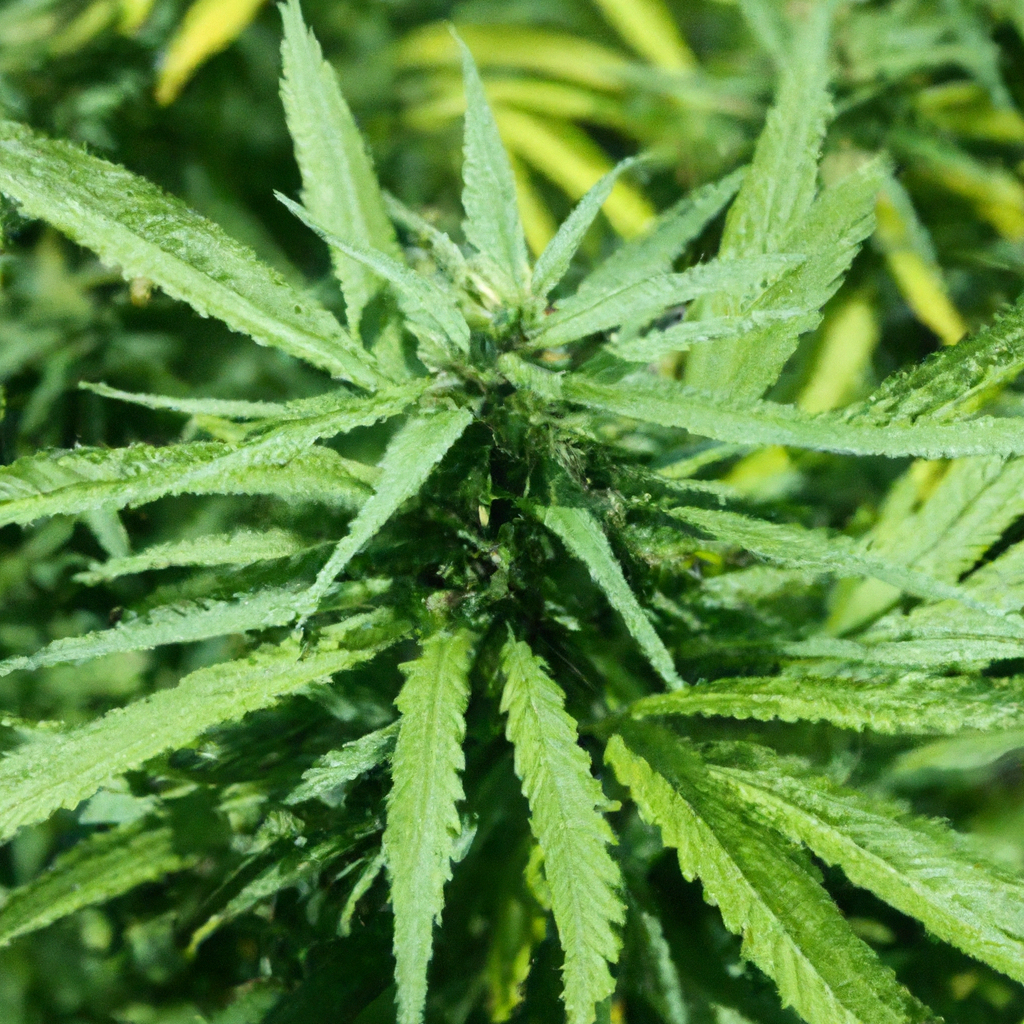
As the global cannabis industry shifts towards sustainability, organic cultivation is becoming increasingly important. This approach emphasizes the use of natural fertilizers, compost, and eco-friendly pest control methods, benefiting both the environment and growers. Key practices include building healthy soil ecosystems through companion planting and compost use, and utilizing natural fertilizers like kelp and alfalfa…
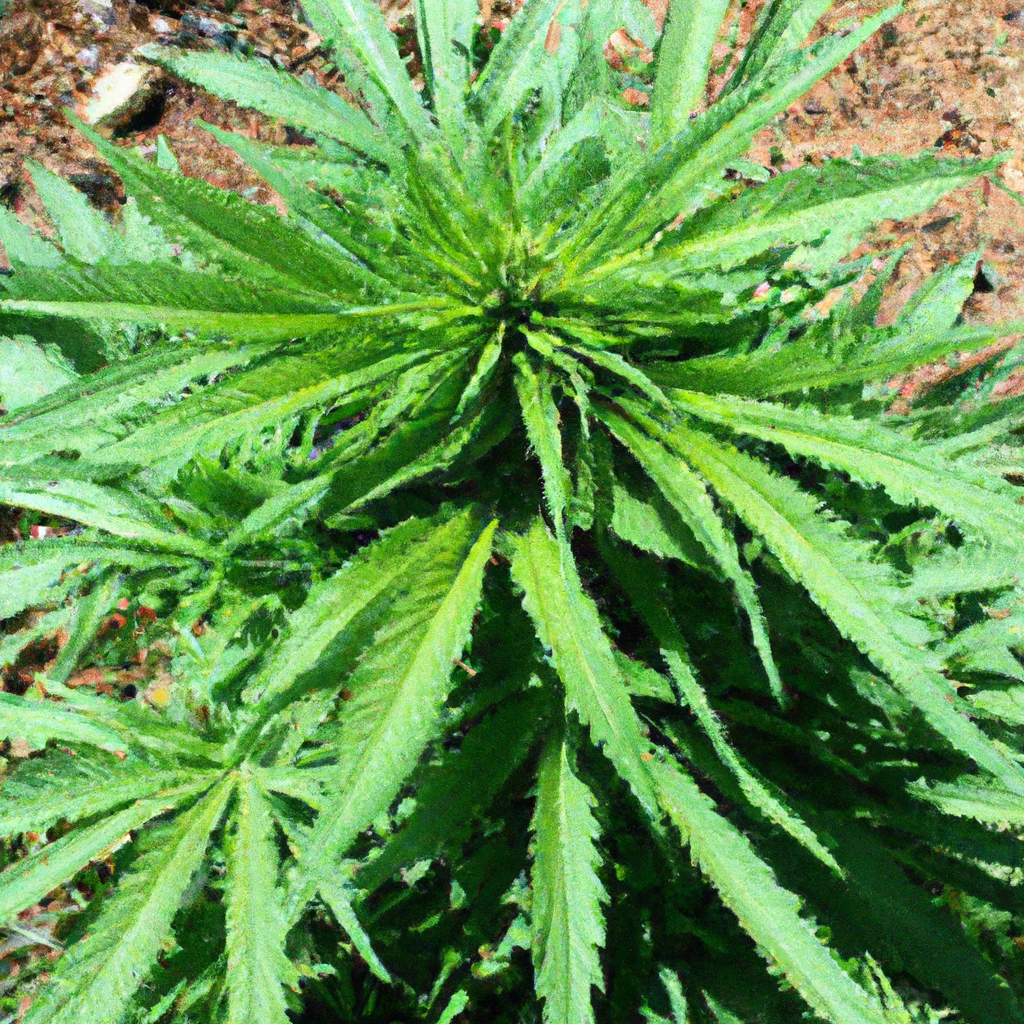
Explore the rewarding process of growing cannabis organically, a practice that champions eco-consciousness and top-tier quality. This blog post delves into best practices like building healthy soil ecosystems through composting, using cover crops, and practicing crop rotation. Discover natural fertilizers, including worm castings, bokashi tea, and fish emulsion, to optimize plant growth. Learn about natural…
